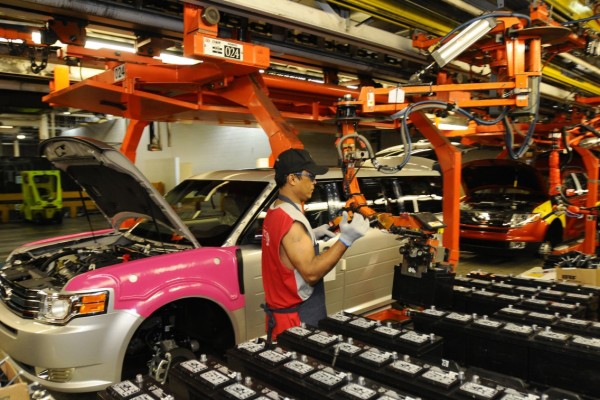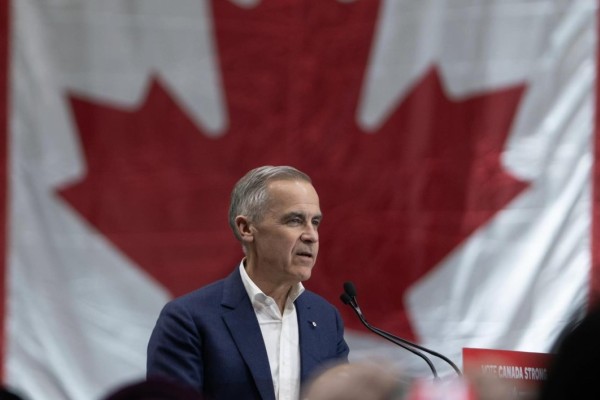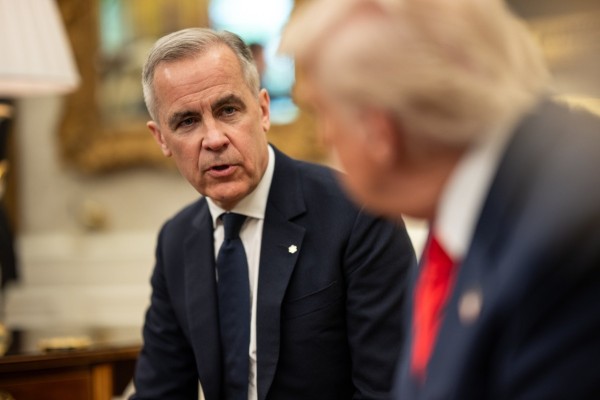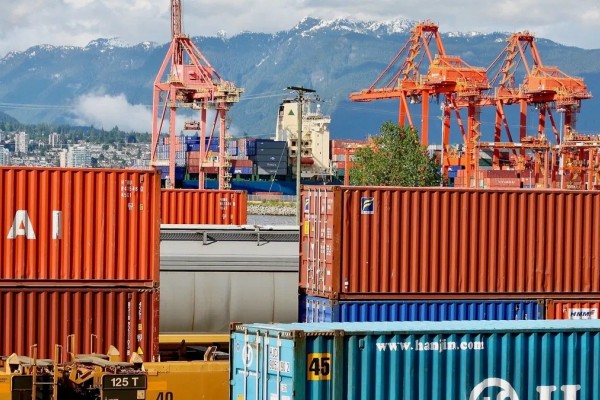-

Why Canada needs degrowth
Canada’s obsession with GDP growth fuels ecological collapse and worsens the climate crisis. Degrowth offers a realistic path forward: cutting wasteful production, meeting essential needs, and distributing resources fairly. On a finite planet, pursuing endless economic expansion isn’t prosperity, writes Omer Tayyab, it’s a slow-motion disaster we can still choose to avoid.
-

What if productivity isn’t the problem?
Canada’s so-called productivity crisis isn’t about lazy workers—it’s about complacent executives, protected oligopolies, and metrics that reward speculation over real value. If being “productive” means enriching landlords and gutting public services, writes James Hardwick, maybe we need to be less productive.
-

Forget free trade
When compared to price that Canada is already being asked to pay, the cost of walking away from a trade agreement with the US is not so high. Free trade with the US was always a mixed bag. The original Canada-US free trade agreement cost Canada hundreds of thousands of manufacturing jobs, and left Canada economically dependent on the US.
-

Under Mark Carney, capital’s leading lobby group is back in the driver’s seat
With Mark Carney in power, the Business Council of Canada has re-emerged as the country’s most influential lobby group. While few Canadians know its name, the Council is advancing a pro-corporate agenda focused on resource extraction, military spending, and closer US ties, while sidelining public services, First Nations, and democratic accountability.
-

America’s 25-year tax cutting and fiscal train wreck
All the talk from the media, economists, and government officials about Trump’s tax cuts stimulating the real economy—boosting wages, jobs, and investment—is simply economic hype. The 2018 cuts didn’t deliver, just like those under Obama and Bush before him. Trump’s current bill won’t be any different. Fiscal and monetary policy in the late neoliberal era are failing.
-

Carney promised resistance and delivered retreat
Carney became prime minister on the backs of progressive voters desperate to stop a Trump–Poilievre axis from sweeping North America. But so far, his policies have served mainly to placate Trump and validate Poilievre. He’s already signalling broken promises, hinting that his dramatic increase in military spending may require deeper cuts than voters ever endorsed.
-

Mark Carney’s class war
Carney is quite prepared to ensure that capitalism becomes considerably less “inclusive” in order to weather the storm. At this relatively early stage of the game, he is leaving no doubt as to the course his government will chart. A highly interventionist state power will be subordinated to the imperatives of capital regardless of the broader consequences.
-

Shoring up Canada’s economic sovereignty
To hear a Liberal prime minister speak so sceptically about free trade would have been unthinkable just months ago, but Donald Trump’s trade war is an occasion for assessing what kind of industrial policy Canada should pursue. Greater economic nationalism benefitted Canada in the past. Maybe it’s time to chart a new course.
-

The ‘elbows up’ campaign for a Canada the left does not want
The dominant class and its cheerleaders, intent on doubling down to maintain a social system which proudly features gross inequality and inequity, are out on top. The working class and its leftist protagonists, hoping to fuel a movement for a radical rethinking of our polity to get closer to a social system which advances equality and altruism, find themselves at the bottom.
-

What we really mean when we talk about solving the housing crisis
If we wanted to create a world where everyone has affordable housing we would. We would take a track similar to France, Austria, or Finland and work to undo cultural stigmas against renting and social housing and use non-market alternatives to provide decent homes for all. But our leaders have made it clear that they have no interest in following this path.



